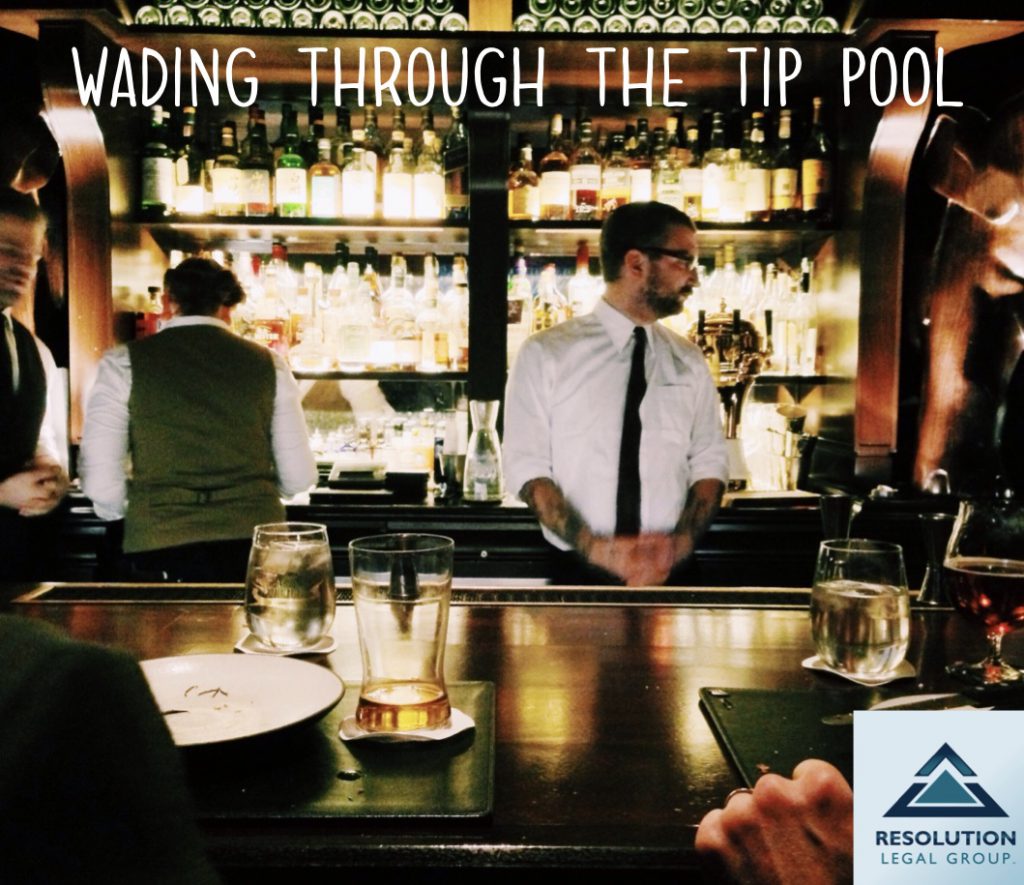 In continuing our discussion on the developing rules and regulations surrounding tip-pooling, we move beyond hybrid roles among standard employees and examine managerial employees and tip-pool eligibility. Bosses, this one is for you. (Part one of this topic is available here.
In continuing our discussion on the developing rules and regulations surrounding tip-pooling, we move beyond hybrid roles among standard employees and examine managerial employees and tip-pool eligibility. Bosses, this one is for you. (Part one of this topic is available here.
As previously discussed, employee duties can be categorized into those that normally generate tips (like refilling water and busing dishes) and those that do not (like washing dishes or seating tables). Though both categories are essential to a successful lunch or dinner service, the distinction holds special significance when utilizing a tip pool.
Frequently, “customarily-tipped employees,” such as bartenders or wait staff, are easily identified – but that’s not always the case. For instance, how should a supervisor that has overlapping duties with many standard employees in the tip pool be classified? Even an employee with some managerial duties can participate in the tip pool under certain circumstances. If the majority of a supervisor’s time is spent performing tasks similar to non-supervisory employees who are customarily tipped, they can still be eligible for the tip pool depending on the extent of their authority. When managerial authority passes a certain threshold, the categorization can get more difficult. The analysis can turn on whether the party is entrusted with authority to hire and fire, generate work schedules, administer discipline, and other factors.
While these distinctions are sometimes clear, consulting with an attorney will help ensure that employee roles and related duties are properly delineated to keep your tip-sharing scheme compliant with the law. It’s vital to note that there are currently tip-pooling schemes under court scrutiny, and the legal landscape may undergo changes in the near future. Stay tuned for the third part in this series, where we will examine tip pooling “credits” and staying on the right side of minimum wage requirements.
